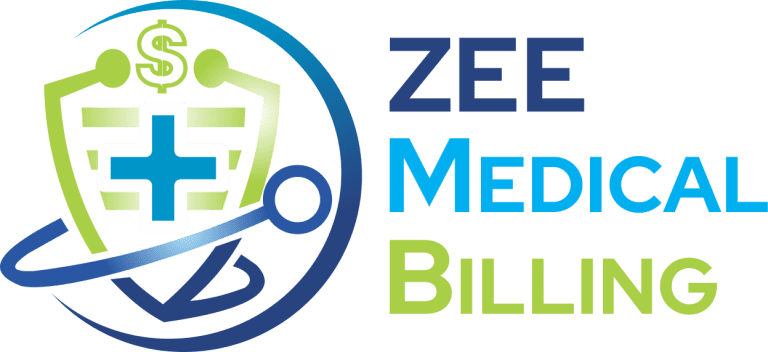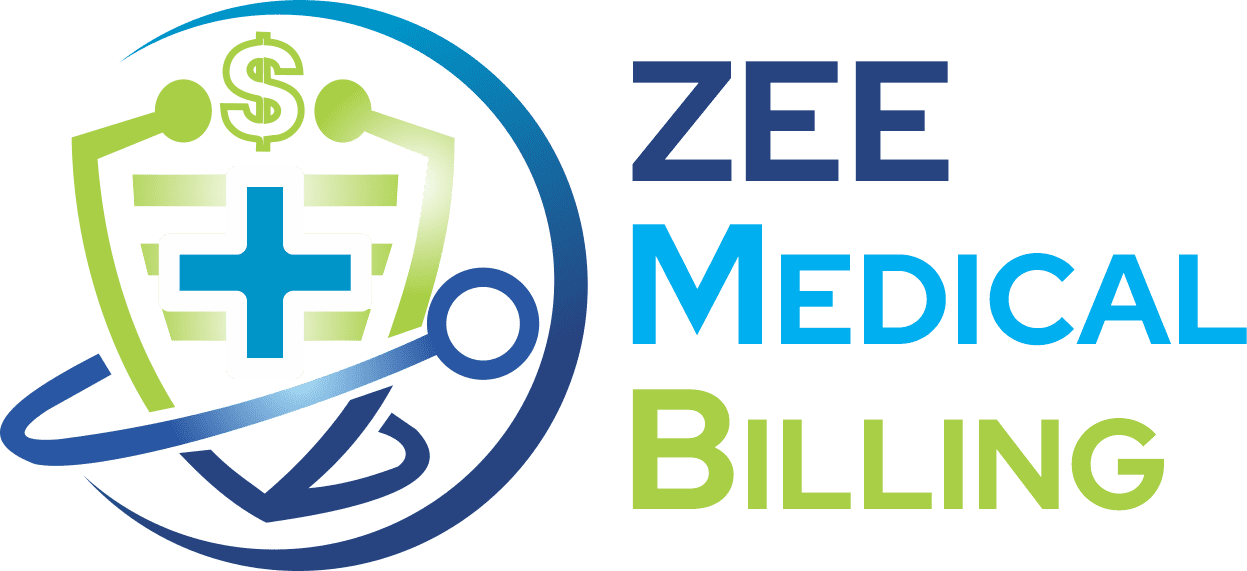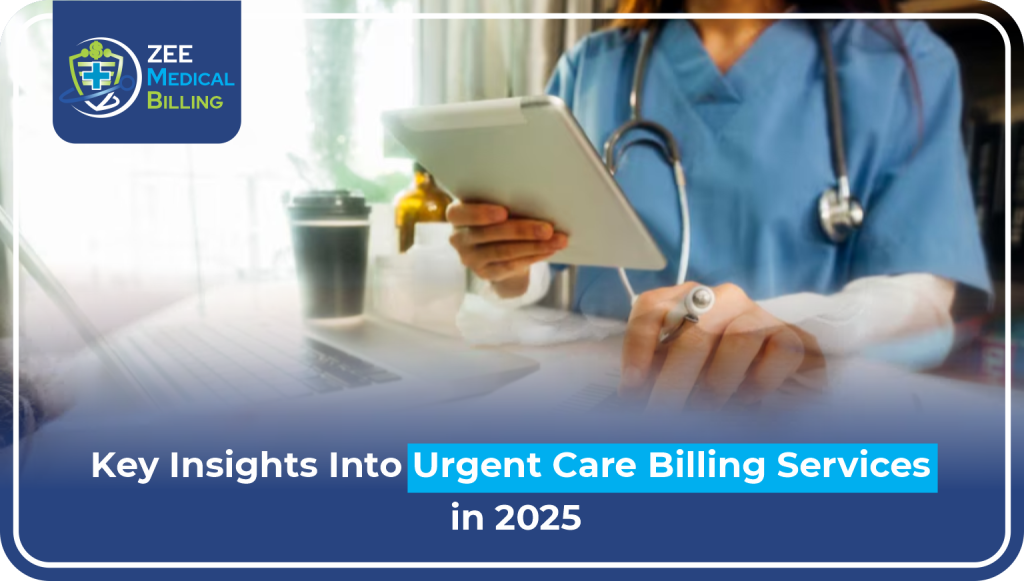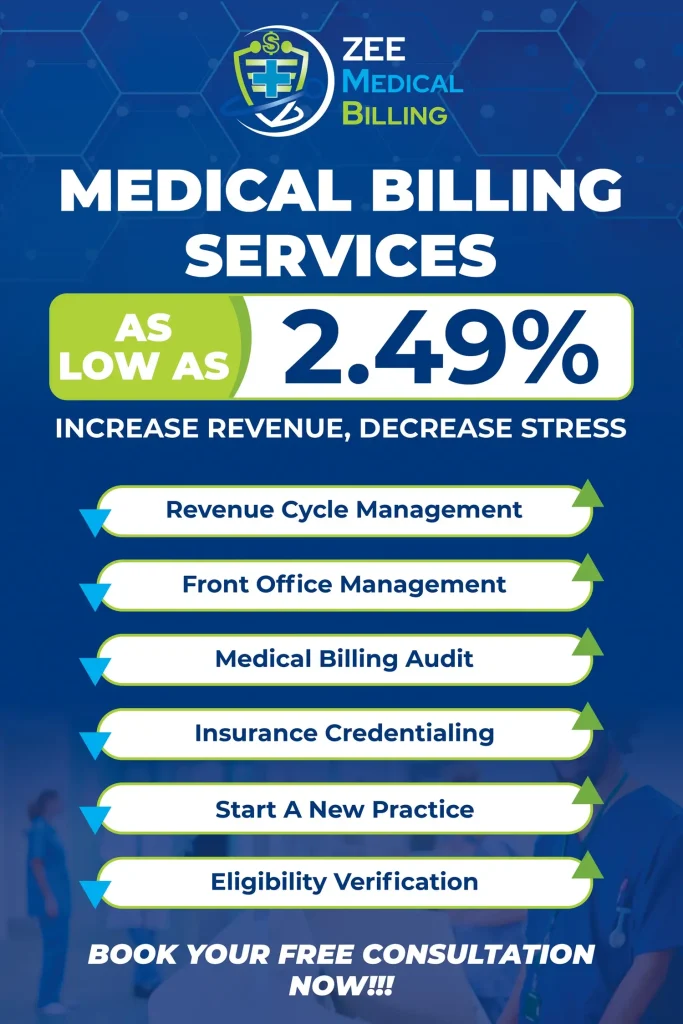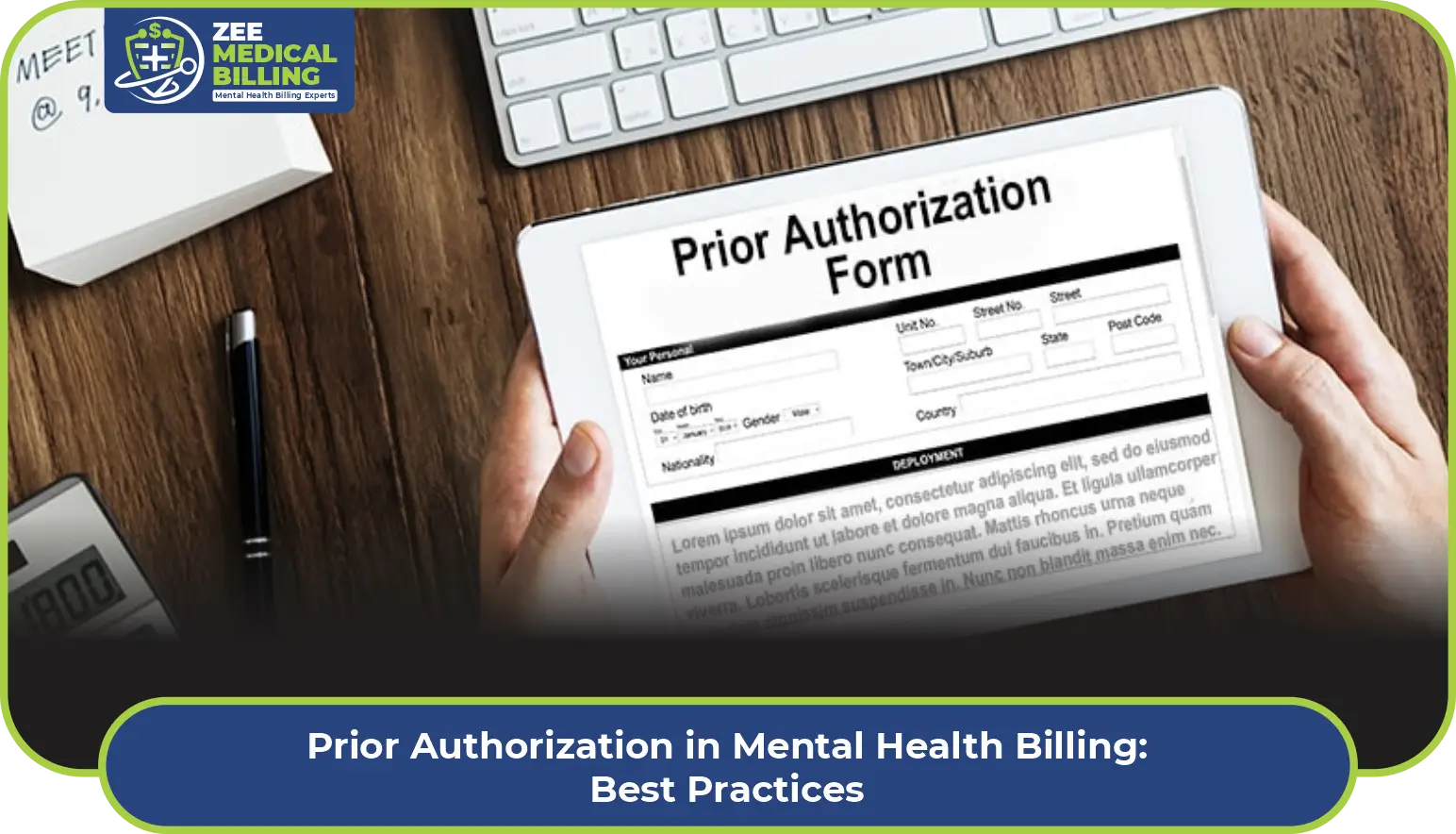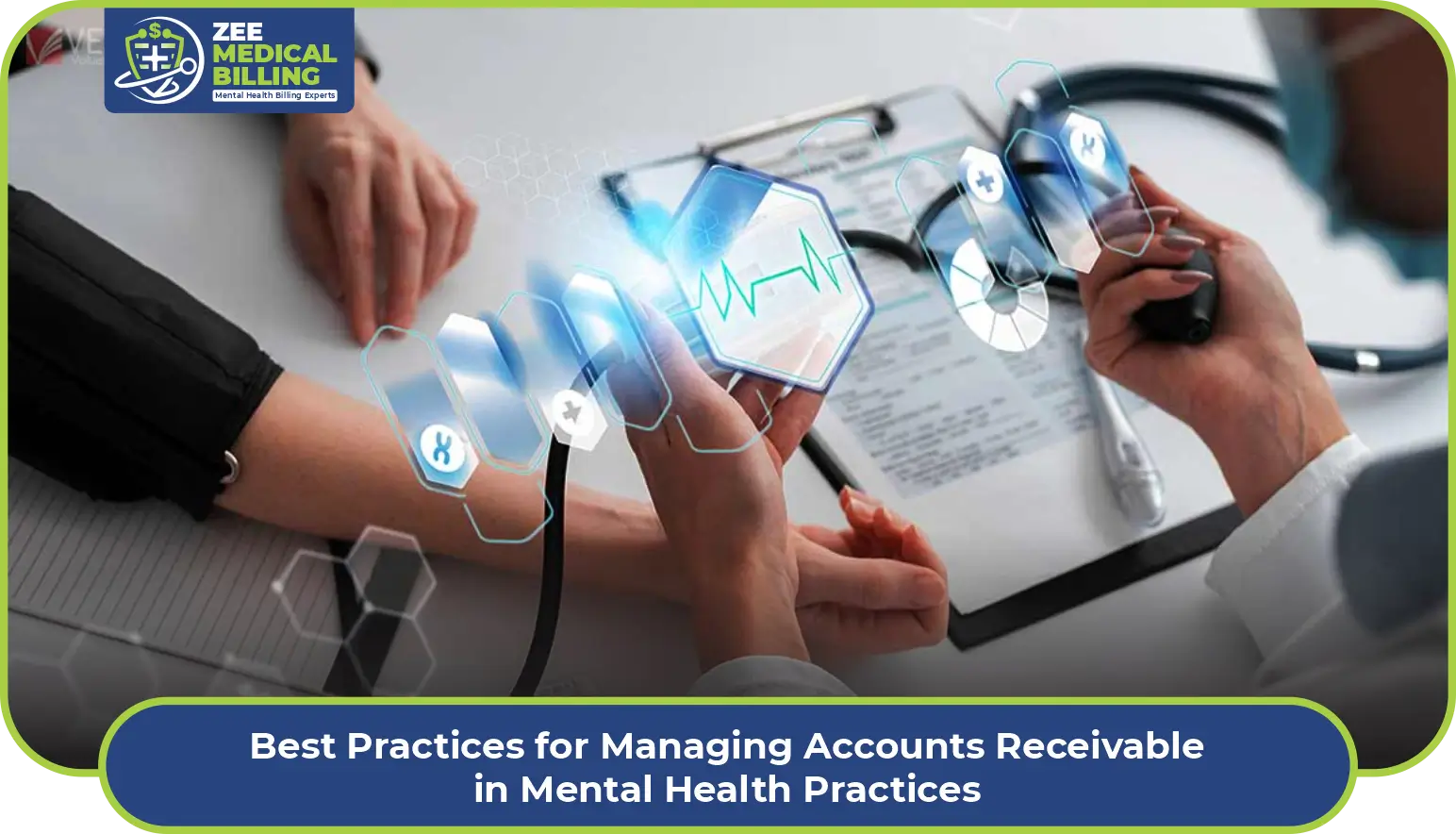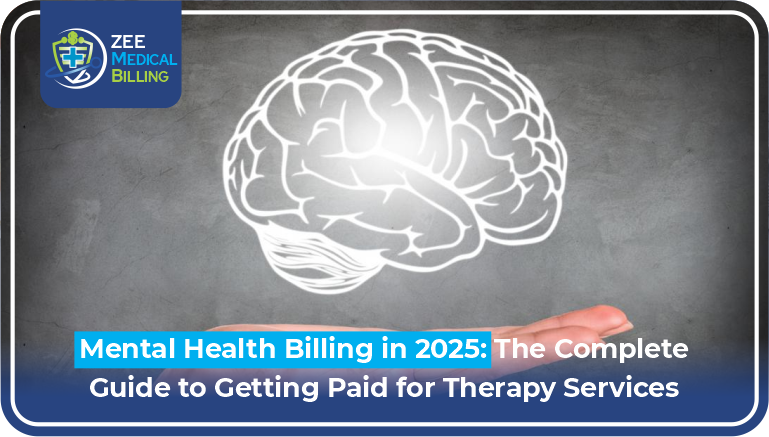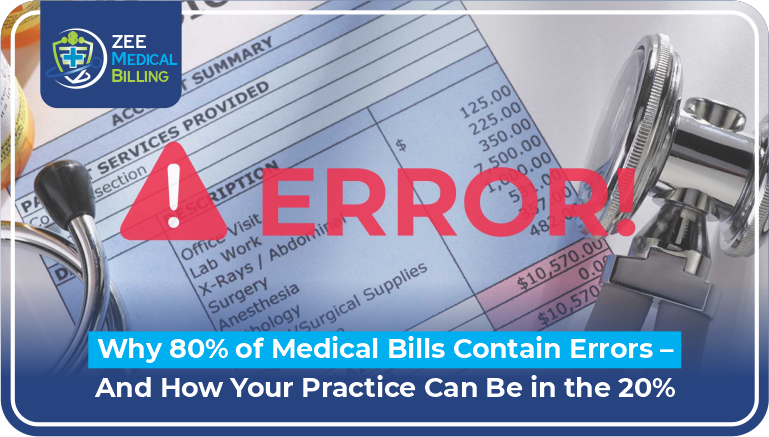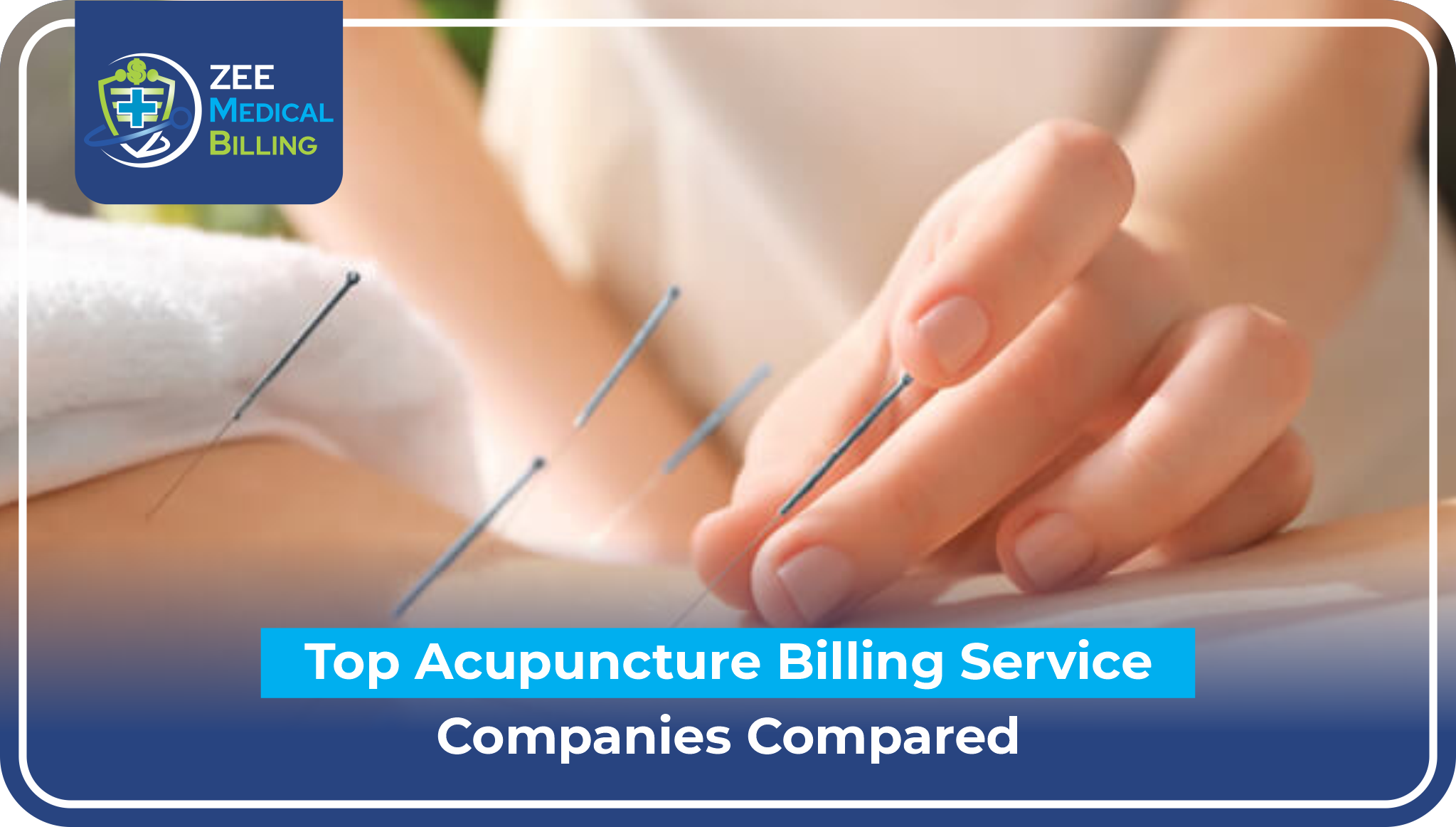The healthcare landscape continues to evolve rapidly, and urgent care medical billing services have become increasingly critical for healthcare providers seeking to optimize their revenue cycle management. As we navigate through 2025, urgent care facilities face mounting pressures from regulatory changes, technological advancements, and shifting patient expectations. Understanding the intricacies of specialized billing services has never been more essential for maintaining financial stability and operational efficiency.
The Evolution of Urgent Care Medical Billing Services
Urgent care medical billing services have undergone significant transformation over the past decade. The industry has witnessed a shift from traditional fee-for-service models to value-based care arrangements, fundamentally altering how billing processes operate. Healthcare providers now require sophisticated billing solutions that can adapt to multiple payment models while ensuring compliance with ever-changing regulations.
The complexity of urgent care billing stems from the unique nature of these facilities. Unlike traditional primary care practices that see scheduled patients for routine visits, urgent care centers handle a diverse mix of cases ranging from minor injuries to complex diagnostic procedures. This diversity requires billing professionals who understand the nuances of various procedure codes, modifier applications, and payer-specific requirements.
Modern urgent care medical billing services must accommodate multiple revenue streams including insurance reimbursements, patient co-pays, deductibles, and direct-pay services. The billing process involves intricate coordination between clinical documentation, coding accuracy, claims submission, and follow-up procedures to ensure optimal revenue capture.
Key Components of Effective Urgent Care Billing

Accurate Medical Coding and Documentation
The foundation of successful urgent care medical billing services lies in precise medical coding and comprehensive documentation. Healthcare providers must ensure that every patient encounter is properly documented with appropriate ICD-10 diagnostic codes, CPT procedure codes, and HCPCS Level II codes when applicable. The accuracy of this coding directly impacts reimbursement rates and reduces the likelihood of claim denials.
Documentation requirements for urgent care facilities are particularly stringent due to the episodic nature of care provided. Each visit must include detailed patient histories, examination findings, diagnostic test results, and treatment plans. This documentation serves as the basis for code assignment and justifies the medical necessity of services rendered.
Claims Processing and Submission
Efficient claims processing represents a critical component of urgent care medical billing services. The process involves multiple steps including charge capture, coding review, claims scrubbing, and electronic submission to payers. Advanced billing systems now incorporate artificial intelligence and machine learning algorithms to identify potential errors before claims submission, significantly reducing denial rates.
The timing of claims submission has become increasingly important as payers implement stricter filing deadlines. Healthcare providers must maintain robust systems that ensure timely submission while allowing for necessary quality assurance measures. Delayed submissions can result in automatic denials and revenue loss that impacts the overall financial health of urgent care facilities.
Denial Management and Appeals Processing
A comprehensive urgent care medical billing services strategy must include proactive denial management and appeals processing capabilities. Statistics indicate that healthcare providers can recover significant revenue through systematic denial analysis and appropriate appeals submission. Understanding common denial reasons and implementing preventive measures helps reduce future claim rejections.
The appeals process requires specialized knowledge of payer policies, medical necessity criteria, and regulatory requirements. Successful appeals often depend on the quality of supporting documentation and the ability to present compelling arguments for coverage. Healthcare providers benefit from partnering with billing services that maintain dedicated appeals specialists with expertise in urgent care billing scenarios.
Technology Integration in Urgent Care Billing
Electronic Health Records and Billing System Integration
Modern urgent care medical billing services rely heavily on seamless integration between electronic health records (EHR) systems and billing platforms. This integration eliminates duplicate data entry, reduces errors, and streamlines the overall billing process. Healthcare providers must ensure that their chosen billing service can effectively interface with their existing technology infrastructure.
Advanced integration capabilities enable real-time eligibility verification, automated charge capture, and immediate claim status updates. These features enhance operational efficiency while providing healthcare providers with greater visibility into their revenue cycle performance. The ability to generate comprehensive reports and analytics helps identify trends and opportunities for improvement.
Artificial Intelligence and Automation
The implementation of artificial intelligence and automation technologies has revolutionized urgent care medical billing services. Machine learning algorithms can now predict claim outcomes, identify high-risk accounts, and recommend optimization strategies. Automated workflows reduce manual intervention requirements while maintaining accuracy and compliance standards.
Predictive analytics capabilities help healthcare providers anticipate cash flow patterns and identify potential revenue leakage points. These insights enable proactive management decisions that improve overall financial performance. Automation also extends to patient communication, appointment reminders, and payment processing functions.
Compliance and Regulatory Considerations
HIPAA and Data Security Requirements
Urgent care medical billing services must maintain strict adherence to HIPAA regulations and data security standards. Healthcare providers entrust billing companies with sensitive patient information, making security protocols a paramount concern. Comprehensive security measures include encrypted data transmission, secure storage systems, and regular security audits.
The regulatory landscape continues to evolve with new requirements for data protection and breach notification procedures. Healthcare providers must ensure their billing service partners maintain current certifications and demonstrate ongoing compliance with industry standards. Regular training and education programs help maintain awareness of emerging threats and regulatory changes.
Medicare and Medicaid Billing Requirements
Government payer requirements present unique challenges for urgent care medical billing services. Medicare and Medicaid programs have specific documentation requirements, coverage limitations, and billing procedures that differ significantly from commercial insurance plans. Understanding these nuances is essential for maximizing reimbursement and avoiding compliance issues.
Recent changes to Medicare Advantage plans and Medicaid managed care programs have introduced additional complexity to the billing process. Healthcare providers must stay current with evolving requirements and ensure their billing service partners maintain expertise in government program billing procedures.
Financial Performance Optimization
Revenue Cycle Analytics and Reporting
Effective urgent care medical billing services provide comprehensive analytics and reporting capabilities that enable healthcare providers to monitor key performance indicators. Important metrics include days in accounts receivable, clean claim rates, denial rates, and net collection percentages. Regular analysis of these metrics helps identify areas for improvement and track progress over time.
Advanced reporting capabilities should include real-time dashboards, customizable reports, and trend analysis features. Healthcare providers benefit from having access to detailed information about payer performance, procedure profitability, and patient payment patterns. This data-driven approach enables informed decision-making and strategic planning.
Patient Financial Responsibility Management
The increasing prevalence of high-deductible health plans has shifted more financial responsibility to patients. Urgent care medical billing services must incorporate effective patient financial counseling, upfront collection strategies, and flexible payment options. Clear communication about costs and payment expectations helps improve patient satisfaction while optimizing collection rates.
Modern billing services often include patient portal technologies that enable online bill viewing, payment processing, and communication capabilities. These self-service options improve convenience for patients while reducing administrative costs for healthcare providers. Automated payment plan options and financial hardship programs help ensure that patients can access necessary care while meeting their financial obligations.
ZEE Medical Billing: Leading Urgent Care Billing Solutions
ZEE Medical Billing provides specialist Urgent Care Billing Services that are designed to address these challenges easily, offering comprehensive solutions specifically tailored for urgent care facilities across the United States. Established in 2010 by a physician and a team of billing specialists, ZEE Medical Billing offers full-service medical billing solutions designed to optimize your revenue cycle, enhance operational efficiency, and ensure compliance with regulatory standards.
Comprehensive Urgent Care Billing Services
ZEE Medical Billing focuses on addressing unique urgent care challenges including incorrect documentation, missing charges, and under-coding. Their urgent care medical billing services encompass:
Documentation Review and Accuracy: Starting by examining medical records with a keen eye for accuracy, compliance, and billable claims, ensuring that all patient encounters are properly documented and coded for maximum reimbursement.
Claims Filing and Confirmation: Taking charge of filing and submitting claims, with prompt client notification upon Medicare confirmation, streamlining the entire claims submission process.
Payment Posting and Follow-up: Once payments are received and recorded to patient accounts, they follow up with co-insurance secondary claims, ensuring comprehensive revenue capture.
Timely Resolution Services: Within a remarkable 24-hour timeframe, they diligently handle rejected payments, partial payments, and incorrect payments, minimizing revenue delays and optimizing cash flow.
Scalable Solutions for Multiple Locations
ZEE Medical Billing is a perfect medical billing company for small practices, offering medical practices of different specialties the best revenue cycle management solution at the most affordable price. They have the capacity to handle billing for multiple urgent care centers, offering scalable solutions that cater to the needs of both small and large urgent care practices.
The company’s comprehensive approach includes accurate data entry, detailed billing reports, completion of claims, payments and audits, claims follow-up, and appeals management. Their urgent care billing services are specifically designed to address the unique challenges faced by urgent care facilities, ensuring reduced denials, boosted revenue, better transparency, reduced billing errors, improved cash flow, and advanced reporting capabilities.
Strategic Partnership Approach
ZMB focuses on establishing a partnership beyond traditional billing services, working closely with urgent care providers to develop customized solutions that meet their specific needs. They work closely with clients to develop bespoke solutions that help them achieve their goals, whether improving financial performance, increasing patient satisfaction, or streamlining operations.
For urgent care facilities seeking comprehensive urgent care medical billing services, ZEE Medical Billing offers proven expertise, advanced technology integration, and dedicated support that enables healthcare providers to focus on patient care while optimizing their revenue cycle management.
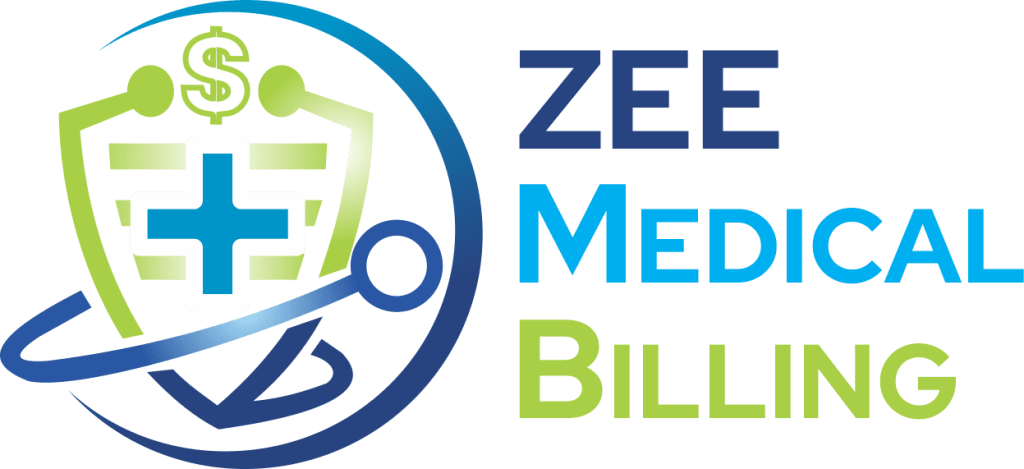
Choosing the Right Billing Service Partner
Evaluation Criteria for Billing Service Providers
Healthcare providers must carefully evaluate potential urgent care medical billing services partners based on multiple criteria including experience, technology capabilities, compliance track record, and performance metrics. The selection process should include reference checks, site visits, and detailed analysis of proposed workflows and reporting capabilities.
Key factors to consider include the billing service’s experience with urgent care facilities, their understanding of relevant payer requirements, and their ability to scale services as the practice grows. Technology compatibility, data security measures, and disaster recovery capabilities represent additional critical evaluation points.
Service Level Agreements and Performance Metrics
Successful partnerships with urgent care medical billing services providers require clear service level agreements that define performance expectations, communication protocols, and accountability measures. These agreements should specify target metrics for key performance indicators and outline procedures for addressing performance deficiencies.
Regular performance reviews and ongoing communication help ensure that billing service partners continue to meet established expectations. Healthcare providers should maintain visibility into billing operations through regular reports, meetings, and access to relevant systems and data.
Future Trends and Considerations
The landscape of urgent care medical billing services continues to evolve with technological advances, regulatory changes, and shifting healthcare delivery models. Emerging trends include increased automation, artificial intelligence integration, and value-based payment arrangements that will reshape billing processes and requirements.
Healthcare providers must stay informed about industry developments and ensure their billing service partners can adapt to changing requirements. Ongoing education, technology investments, and process improvements will remain essential for maintaining competitive advantages and optimizing financial performance in the evolving healthcare marketplace.
The success of urgent care facilities increasingly depends on their ability to efficiently manage complex billing processes while maintaining focus on patient care delivery. Strategic partnerships with experienced urgent care medical billing services providers enable healthcare organizations to leverage specialized expertise, advanced technologies, and proven processes that drive sustainable financial performance and operational excellence.
Frequently Asked Questions (FAQs)
1. What makes urgent care billing different from other medical billing services?
Urgent care billing is unique due to the episodic nature of care, diverse case mix, and need for quick turnaround times. Unlike scheduled primary care visits, urgent care centers handle everything from minor injuries to complex diagnostic procedures, requiring specialized coding expertise and rapid claim processing to maintain optimal cash flow.
2. How can urgent care facilities reduce claim denials and improve reimbursement rates?
Reducing claim denials requires accurate documentation, proper coding, timely submission, and proactive denial management. Implementing comprehensive quality assurance processes, staff training programs, and partnering with experienced billing services that specialize in urgent care can significantly improve clean claim rates and overall reimbursement.
3. What technology features should urgent care centers look for in billing services?
Essential technology features include EHR integration, real-time eligibility verification, automated charge capture, AI-powered claim scrubbing, comprehensive reporting dashboards, and patient portal capabilities. These features streamline workflows, reduce errors, and improve both operational efficiency and patient satisfaction.
4. How do urgent care billing services handle patient financial responsibility?
Modern billing services manage patient financial responsibility through upfront eligibility verification, transparent cost estimates, flexible payment options, and comprehensive patient communication. This includes automated payment plans, financial hardship programs, and user-friendly patient portals for bill viewing and payment processing.
5. What should urgent care facilities expect in terms of billing service performance metrics?
Key performance indicators include clean claim rates above 95%, days in accounts receivable under 30 days, denial rates below 5%, and net collection rates exceeding 98%. Quality billing services provide detailed reporting on these metrics, along with regular performance reviews and continuous improvement strategies to optimize revenue cycle performance.
Follow Us
Stay updated with the latest behavioral health billing insights, industry trends, and regulatory changes by following Zee Medical Billing on our social media channels:
- Instagram: @zee_medical_billing
- Facebook: ZeeMedicalBilling
- YouTube: Zee Medical Billing Channel
- Twitter/X: @BillingZee
- LinkedIn: Zee Medical Billing Company
